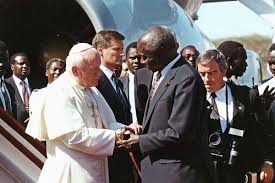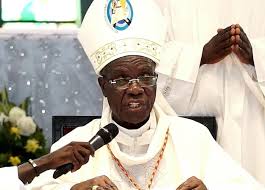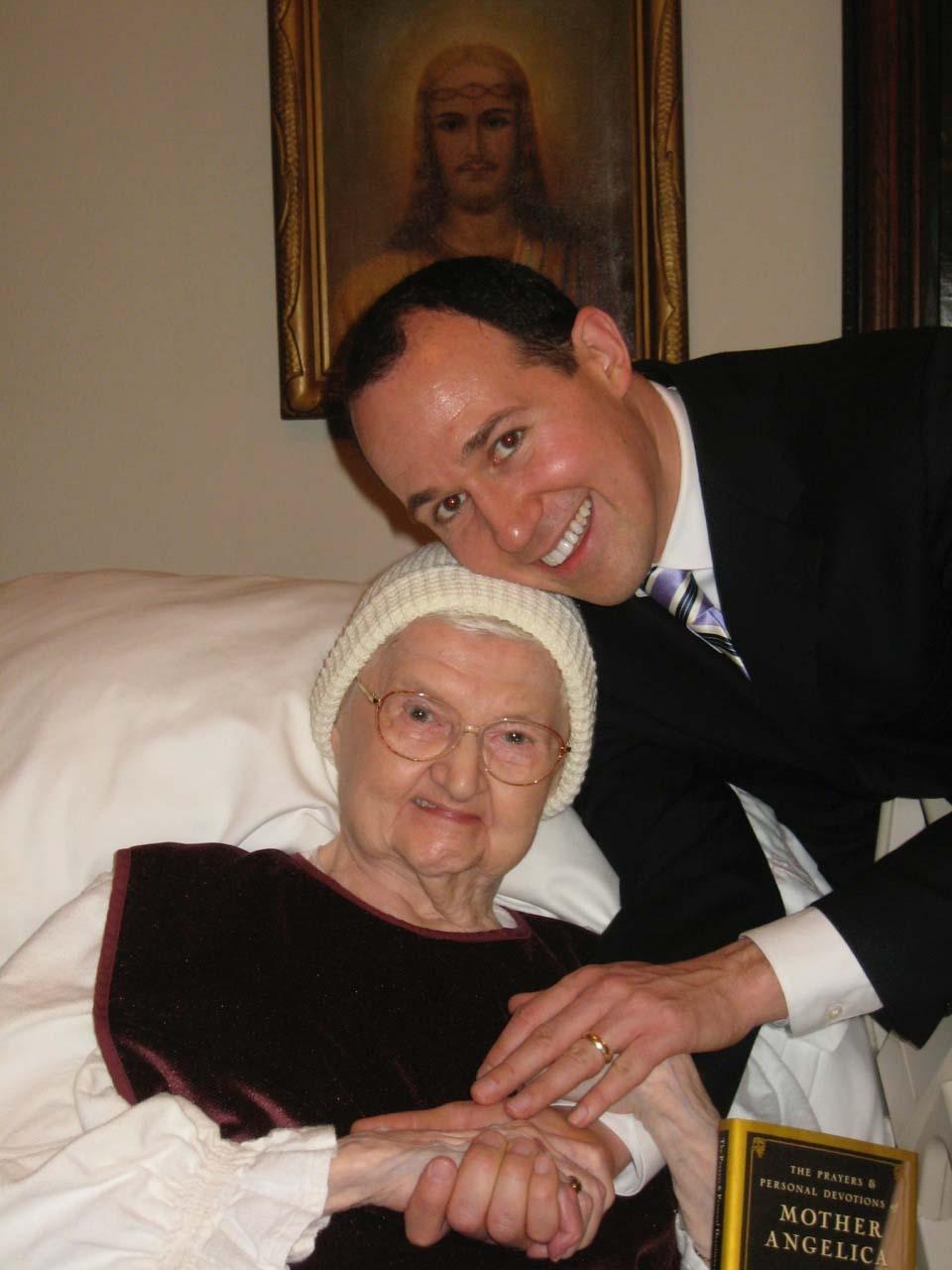Le président du Kenya, Daniel Toroitich Arap Moi, décédé le mardi 4 février, restera dans les mémoires non seulement pour avoir été le président le plus ancien du pays d’Afrique de l’Est, mais également pour avoir accueilli le plus grand nombre de visites papales du pays.
La nouvelle du décès de l’ancien président Moi décédé à l’âge de 95 ans a été annoncée mardi matin par une proclamation présidentielle du président Uhuru Kenyatta.
«C’est avec une profonde tristesse et tristesse que j’annonce le décès d’un grand homme d’État africain, S.E. Daniel Toroitich Arap Moi, deuxième président de la République du Kenya », a annoncé le président du Kenya.
Au cours de son mandat entre 1978 et 2002, le président à la retraite a accueilli le pape Jean-Paul II à trois reprises, c’est-à-dire lorsque le Pontife a visité le Kenya pour la première fois en 1980, la deuxième fois en 1985 et enfin en 1995. L’ancien président Moi a également assisté à la visite pastorale du pape François au Kenya en 2015, son premier voyage en Afrique.
Le pape Jean-Paul II, lors de sa première visite au Kenya en mai 1980 et après avoir embrassé le sol à son arrivée, a été accueilli par Moi, de hauts responsables du gouvernement et des membres du corps diplomatique. Et tout en s’adressant à des centaines de milliers de personnes dans le parc Uhuru (liberté) du Kenya dans son premier discours, le Pape a exhorté les catholiques en Afrique à adhérer aux restrictions de l’église sur l’avortement, la stérilisation et la polygamie.
Lors de sa deuxième tournée en août 1985 et lors de son voyage apostolique au Togo, en Côte d’Ivoire, au Cameroun, en République centrafricaine, au Zaïre, au Kenya et au Maroc, le pape Jean-Paul II a exprimé sa gratitude à Moi pour un accueil chaleureux et ce que le Pontife a dit «Confirmation du respect et de l’estime réciproques».
«Je remercie Son Excellence le Président de son aimable accueil. C’est une confirmation du respect et de l’estime mutuels qui ont toujours caractérisé nos relations et dont je suis profondément reconnaissant », a déclaré le Pape Jean-Paul II.
«J’adresse mes salutations cordiales à tous les citoyens de ce pays: aux anciens et aux dirigeants locaux, aux jeunes, aux malades et aux souffrants, et d’une manière spéciale aux familles, l’épine dorsale de votre société. Je veux que mes paroles expriment les sentiments profonds d’amour et de fraternité qui remplissent mon cœur pour chacun de vous.
Lors de son dernier voyage pastoral au Kenya, au Cameroun et en Afrique du Sud, le pape Jean-Paul II a exprimé une profonde préoccupation pour l’Afrique, qui, selon lui, était alourdie par les divisions ethniques, politiques et sociales.
« Je viens comme quelqu’un qui est profondément préoccupé par le destin des peuples africains », aurait déclaré le Pontife et ajouté, « l’Afrique est à la croisée des chemins. L’unité sociale et la solidarité ne sont pas faciles dans le meilleur des cas. Ils sont rendus encore plus difficiles lorsque les divisions ethniques, politiques et sociales sont autorisées à étouffer le désir d’une véritable paix. »
Le regretté président Moi, en souhaitant la bienvenue au Saint-Père à l’aéroport, a déclaré: «Nous vivons dans un monde agité et l’humanité admire ses chefs religieux. Nous, le peuple du Kenya, sommes reconnaissants de la paix et de la liberté dont nous jouissons. »
Moi a été salué pour « avoir gardé le Kenya un havre de paix relatif pendant une période chaotique en Afrique de l’Est qui a vu le génocide au Rwanda et les guerres civiles au Burundi et en Somalie. »
Dans une déclaration envoyée à notre correspondant, l’Ouganda, pays voisin du Kenya, a félicité le défunt pour avoir été «un bon voisin» car il a fourni un refuge aux Ougandais qui se sont réfugiés dans le pays en raison de l’instabilité politique.
«Au cours de sa présidence (feu le président Moi), qui a duré de 1978 à 2002, l’Ouganda a traversé des périodes d’instabilité politique. Au cours de la période, l’Ouganda a été témoin de sept changements de régime. De nombreux Ougandais ont fui et trouvé refuge au Kenya », a lu la déclaration rédigée par la présidente du Parlement ougandais, Rebecca Kadaga.
Avant d’occuper le poste de chef de l’État, le défunt Moi a été le troisième vice-président du pays pendant 11 ans (1967-1978) après la mort de son président fondateur (Mzee Jomo Kenyatta) en août 1978.
Le président Moi était connu des Kenyans sous le nom de Nyayo, un mot kiswahili pour les pas, qu’il a souvent utilisé pour signifier que son leadership était calqué sur son prédécesseur, Mzee Jomo Kenyatta.
Rendant hommage à leur deuxième chef d’État, les Kenyans se sont souvenus d’un dirigeant qui avait présenté du lait aux enfants scolarisés dans toutes les écoles publiques du pays dans le cadre d’un programme baptisé «Maziwa ya Nyayo».
Le dernier message de pardon du président Moi, alors qu’il s’apprêtait à céder le pouvoir à la fin de sa présidence en 2002, a été diffusé maintes et maintes fois au public alors que le pays se prépare à mettre le président au repos le mercredi 12 février.
« S’il y a quelqu’un qui m’a appelé par son nom, je lui pardonne et s’il y a quelqu’un que j’ai offensé, je vous prie de me pardonner », a déclaré le défunt président dans une vidéo largement diffusée.
xxxxx
Taking a break on the news of insecurity and killings in some West African Countries, RECOWACERAO NEWS moved into the Eastern part of Africa. Our News crew joined the people of Kenya as they mourn their longest served president. RECOWACERAO NEWS interviewed a number of Kenyans all over the world and an average number described him as a good man. It will be recalled that this president had the special privilege of hosting three popes. Welcome to the world of Arap Moi as we pray for more African presidents with good hearts.
Kenya’s President Daniel Toroitich arap Moi who passed on Tuesday, February 4 will be remembered not only for being the longest serving president of the East African country but also for hosting the highest number of Papal visits in the nation.
News of the demise of former President Moi who died at the age of 95 was announced through a Presidential proclamation by President Uhuru Kenyatta on Tuesday morning.
“It is with profound sadness and sorrow that I announce the passing of a Great African Statesman, H.E. Daniel Toroitich arap Moi, the Second President of the Republic of Kenya,” Kenya’s President announced.
During his tenure between 1978 and 2002, the late retired president hosted the late Pope John Paul II three times, that is, when the Pontiff toured Kenya for the first time in 1980, the second time in 1985 and finally in 1995. Former President Moi also witnessed Pope Francis’ pastoral visit to Kenya in 2015, his maiden trip to Africa.
Pope John Paul II, while visiting Kenya for the first time in May 1980 and after kissing the ground upon arrival was greeted by Moi, senior government officials, and members of the diplomatic corps. And while addressing hundreds of thousands of people in Kenya’s Uhuru (freedom) Park in his maiden speech, the Pope urged the Catholics in Africa to adhere to the church’s strictures on abortion, sterilization, and polygamy.
In his second tour in August 1985 and while on his apostolic journey to Togo, Ivory Coast, Cameroon, Central African Republic, Zaire, Kenya and morocco, Pope John Paul II expressed gratitude to Moi for a warm welcome and what the Pontiff said was a “confirmation of the mutual respect and esteem”.
“I thank His Excellency the President for his kind welcome. It is a confirmation of the mutual respect and esteem which have always characterized our relations, and for which I am deeply grateful,” said Pope John Paul II.
“I offer cordial greetings to all the citizens of this country: to the elders and local leaders, to the young people, to the sick and suffering, and in a special way to the families, the backbone of your society. I want my words to convey the deep sentiments of love and brotherhood which fill my heart for each of you.
On his final pastoral trip to Kenya, Cameroon and South Africa, Pope John Paul II expressed a deep concern for Africa, which he said, was weighed down by ethnic, political and social divisions.
“I come as one who is deeply concerned for the destiny of Africa’s peoples,” the Pontiff reportedly said and added, “Africa is at a crossroads. Social unity and solidarity are not easy in the best of times. They are made all the more difficult when ethnic, political and social divisions are allowed to smother the yearning for true peace.”
The late President Moi, in welcoming the Holy Father at the airport said, “We live in a turbulent world, and mankind looks up to its religious leaders. We the people of Kenya are grateful for the peace and freedom we enjoy.”
Moi has been hailed for “keeping Kenya a relative haven of peace during a chaotic period in east Africa which saw the genocide in Rwanda and civil wars in Burundi and Somalia.”
In a statement that was sent to our correspondent, Kenya’s neighboring country Uganda praised the Late for being “a good neighbour” as he provided sanctuary to Ugandans who ran for refuge to the country due to political instability.
“During his (late President Moi) presidency, which spanned from 1978 to 2002, Uganda went through throes of political instability. Over the period, Uganda witnessed seven regime changes. Many Ugandans fled and found refuge in Kenya,” read the statement that was authored by speaker of the Parliament of Uganda, Rebecca Kadaga.
Before assuming the post of Head of State, the Late Moi served as the country’s third Vice-president for 11 years (1967-1978) after the death of its founding President (Mzee Jomo Kenyatta) in August 1978.
President Moi was famously known to Kenyans as Nyayo, a Kiswahili word for footsteps, which he often used to mean his leadership was being modeled after his predecessor, Mzee Jomo Kenyatta.
Pouring their tributes to their second Head of State, Kenyans remembered a leader that had introduced milk to school going children in all public schools in the country in a programme that was dubbed “Maziwa ya Nyayo.”
President Moi’s final message of forgiveness while he prepared to hand over power at the end of his presidency in 2002 has been played over and over again to the public as the country prepares to lay the president to rest on Wednesday, February 12.
“If there is anyone who called me names, I forgive them and if there is anyone whom I offended, please forgive me,” the late President is seen saying in the video that has been widely shared.
- CATHOLIC ARCHBISHOP IN GHANA HAILS POPE LEO XIV AS GOD’S GIFT - 23 mai 2025
- POPE LEO XIV TO APPROVE CANONIZATIONS - 22 mai 2025
- THE EVOLUTION OF PAPAL TRANSPORTATION - 20 mai 2025







